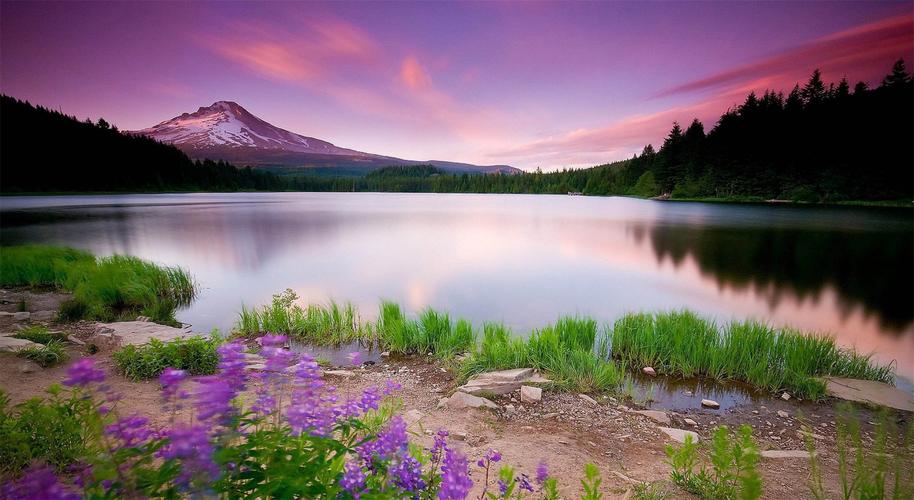The 1960s witnessed a dramatic shift in cultural identity, particularly in the Western world. The post-World War II era had paved the way for economic growth, technological advancements, and societal changes. However, as the decade progressed, people began to question traditional values, leading to a radical change in cultural identity.
The Civil Rights Movement played a pivotal role in shaping cultural identity in the 1960s. African Americans and other marginalized communities began demanding equal rights and representation. Leaders like Martin Luther King Jr. and Malcolm X became icons of the movement, advocating for change through peaceful protests and political activism. Their campaigns brought about landmark changes in civil rights legislation and served as a catalyst for the feminist and LGBTQ+ movements.
At the same time, youth culture began to emerge, challenging societal norms and traditional values. Young people rejected the conservative attitudes of their parents and embraced counterculture, with music, fashion and lifestyle choices becoming symbolic of rebellion. The “hippie” subculture, for instance, rejected mainstream consumerism, promoting peace, love and social justice.
The Vietnam War was also a crucial factor in shaping cultural identity in the 1960s. The war created a deep divide among Americans, with many protesting against it as a show of solidarity with those affected by the war. Anti-war sentiment was fueled by the media, which portrayed the horrific effects of the war to the public. This led to a rethinking of US foreign policy, and ultimately, to the end of the Vietnam War.
In summary, the 1960s saw a profound change in cultural identity, with people questioning traditional values and advocating for social justice. The Civil Rights Movement, youth culture, and the Vietnam War all played a significant role in shaping this identity. While the decade undoubtedly had its challenges, it also paved the way for greater diversity, inclusivity, and progressive thinking, laying the foundation for the cultural landscape we have today.
(Note: Do you have knowledge or insights to share? Unlock new opportunities and expand your reach by joining our authors team. Click Registration to join us and share your expertise with our readers.)
Speech tips:
Please note that any statements involving politics will not be approved.
